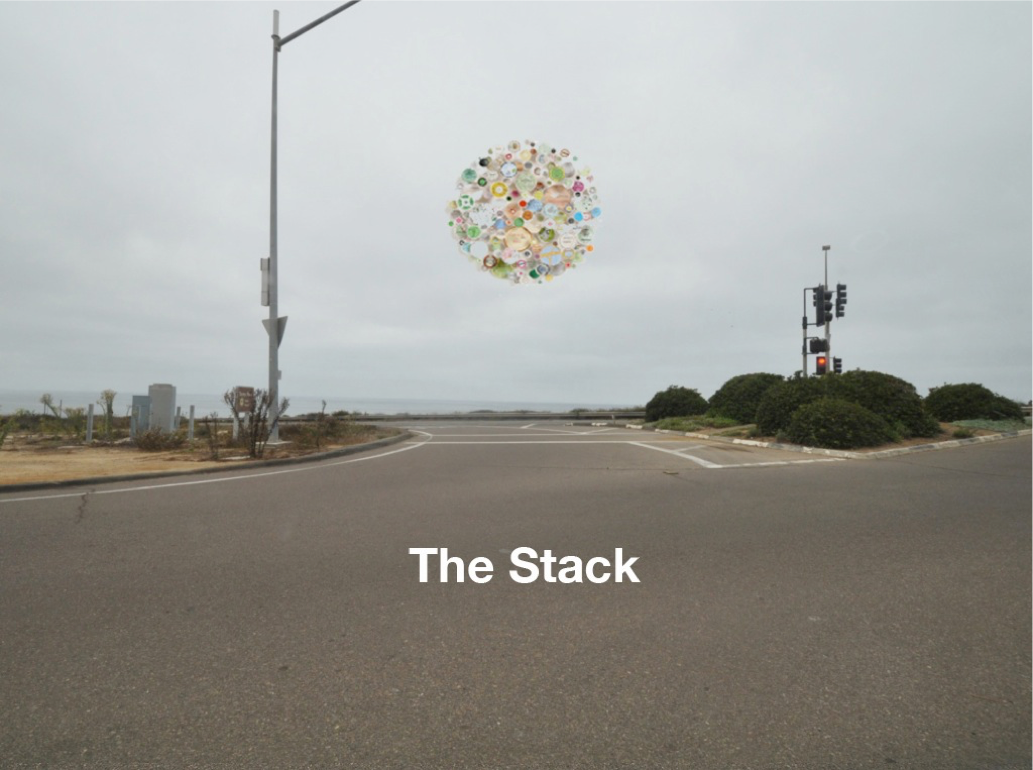3 Dec 2018
Events
Benjamin H. Bratton: The Stack to Come
Public talk with Benjamin Bratton: The Stack to Come
Mon Jun 20, 2016 from 17:00 to 19:00 at SINNE
HIAP is more than happy to bring American Design Theorist Benjamin H. Bratton to Helsinki! Bratton presents a wide-ranging new talk open to the public on Mon Jun 20, 2016 at 17:00 at SINNE Gallery. This event is organized by HIAP in cooperation with SINNE.
What has planetary-scale computation done to our geopolitical realities? It takes different forms at different scales—from energy and mineral sourcing and subterranean cloud infrastructure to urban software and massive universal addressing systems; from interfaces drawn by the augmentation of the hand and eye to users identified by self—quantification and the arrival of legions of sensors, algorithms, and robots. Together, how do these distort and deform modern political geographies and produce new territories in their own image?
In his book The Stack: On Software and Sovereignty, American Design Theorist Benjamin H. Bratton proposes that these different genres of computation—smart grids, cloud platforms, mobile apps, smart cities, the Internet of Things, automation—can be seen not as so many species evolving on their own, but as forming a coherent whole: an accidental mega-structure called The Stack that is both a computational apparatus and a new governing architecture. The Stack is an interdisciplinary design brief for a new geopolitics that works with and for planetary-scale computation. Interweaving the continental, urban, and perceptual scales, it shows how we can better build, dwell within, communicate with, and govern our worlds.
“Intelligence” is one way that matter organizes itself into durable complexity. A special form of that complexity is the city: a settled accumulation of a material intelligence, both human and inhuman. As Artificial Intelligence becomes more sophisticated what will be its urban design project? What should it be?
In this wide-ranging new talk, Bratton, maps the city layer of The Stack, the computational megastructure we have, and outlines how cities may evolve in relation to computationally-rich algorithmic perception, sensation, cognition and physical automation. From deep infrastructure to immediate affects, what we today gather under the name “artificial intelligence” will shift not only what counts as “thinking” but also what counts as architecture, design, politics and programming.
The implications of A.I. platforms for our geopolitics are profound, and extend from the biochemistries of climates and ecosystems to the rhetorical conventions of citizenship and sovereignty. Bratton argues that the Anthropocene should be understood as the geologic expression of a Humanist illusion that cannot survive an honest encounter with the philosophical and practical implications of pervasive artificial intelligence. Along the faultlines of that encounter, the work of Design begins.

